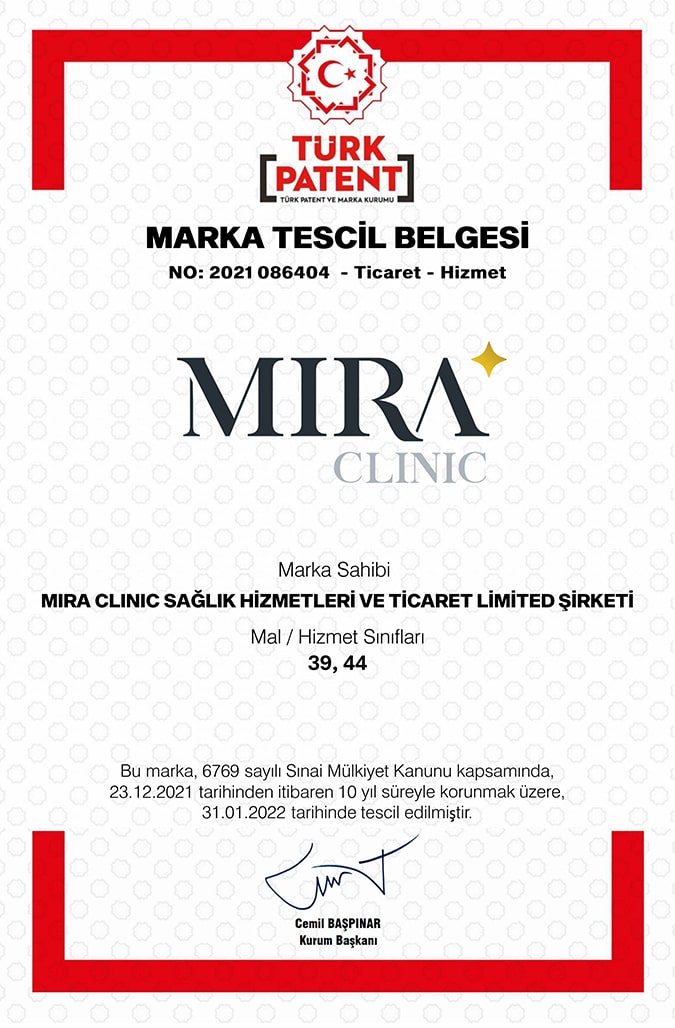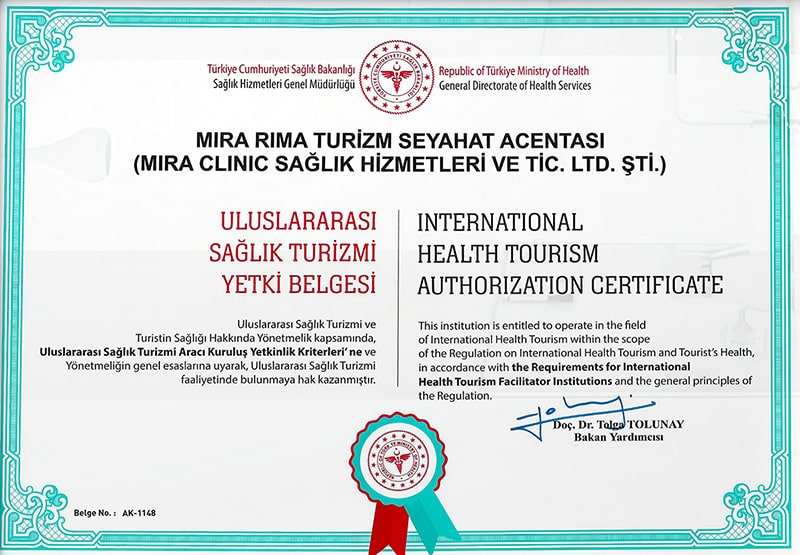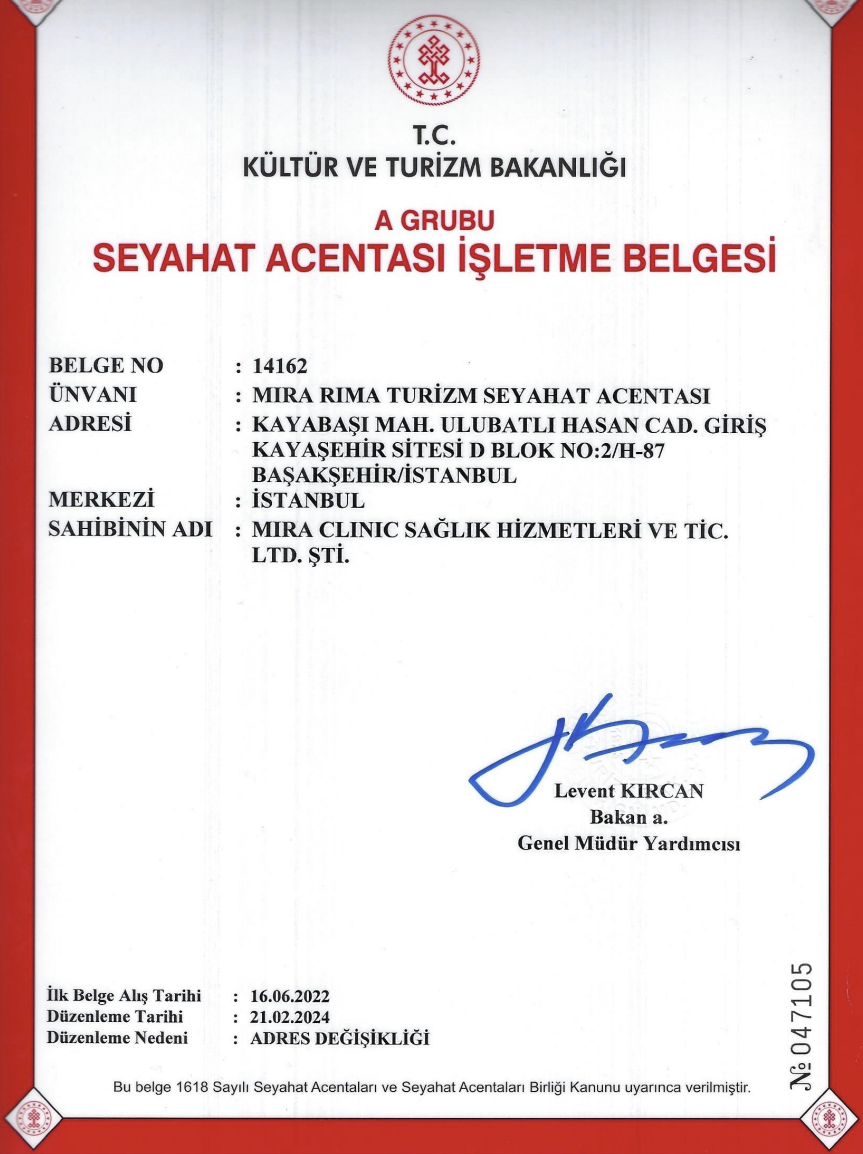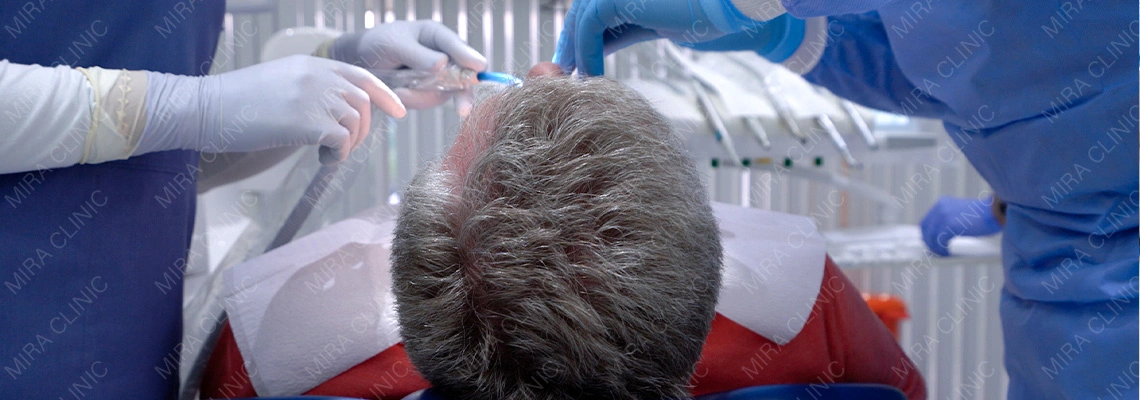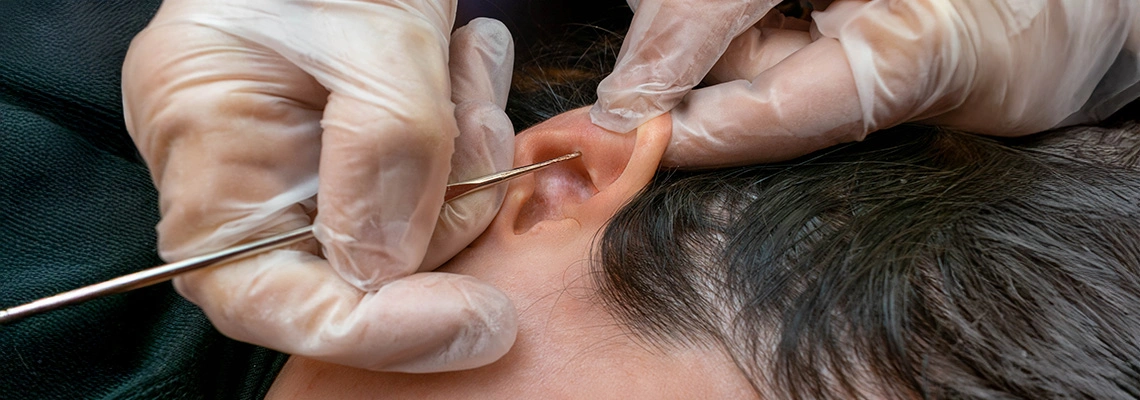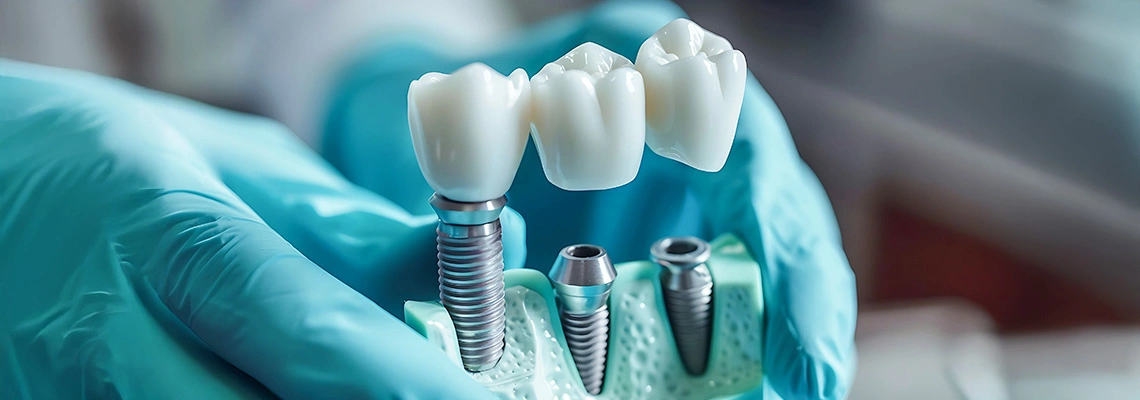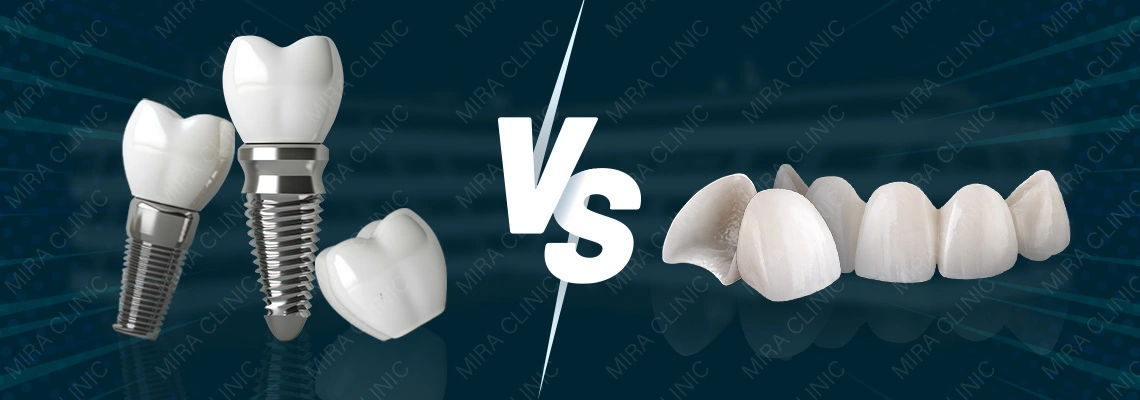Is liposuction dangerous? Liposuction is one of the most popular cosmetic surgeries around the world, and despite its tempting results for many, it may have many health risks.
Liposuction aims to remove fat from areas of the body that do not respond to diet and exercise.
The table of contents:
Is liposuction safe on the stomach?
Liposuction is a surgical procedure that uses suction to remove fat from specific areas of the body such as the abdomen, hips, thighs, buttocks, arms, or neck. It is also aimed at sculpting and contouring these areas, hence it is also referred to as body sculpting.
While no direct harm to the stomach has been mentioned about liposuction, like any surgical procedure, it carries potential complications and risks that can affect overall health.
Related articles:
Liposuction side effects
It's common and not worrisome after surgery to have:
-
Scarring
-
Bruising and swelling that may last up to 6 months
-
Numbness, which should resolve within 6-8 weeks
-
Inflammation of the treated area or underlying veins
-
Swelling
Liposuction gone wrong
Potential Complications that may occur during liposuction include:
-
Lumpiness and uneven appearance
-
Bleeding under the skin (hematoma)
-
Prolonged numbness
-
Changes in skin color in the treated area
-
Fluid accumulation in the lungs (pulmonary edema) from fluid overload in the body
-
Damage to internal organs during the producer
The risk of complications increases if the surgeon is operating on larger areas of the body or performing multiple procedures during the same operation. Therefore, it's important to discuss the likelihood of such risks with the surgeon.
To undergo liposuction, you must be in good health and free from any medical conditions that may complicate the surgery, such as blood flow problems, coronary artery disease, or a weakened immune system.
Sometimes, cosmetic surgery may not go as planned, and the results may not meet expectations. If you experience severe pain or any unexpected symptoms, it is important to contact the clinic or hospital where the procedure was performed as soon as possible.
If you are dissatisfied with the liposuction procedure you underwent or believe that it was not performed correctly, it is recommended to communicate and discuss the matter with your surgeon at the hospital or clinic.
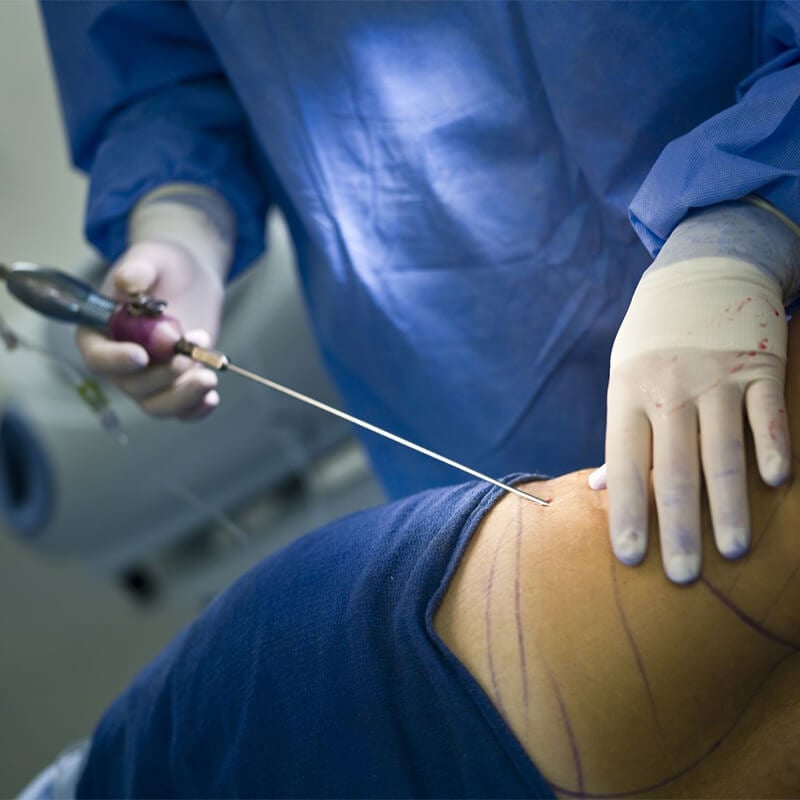
Liposuction risks
The risks associated with liposuction surgery include:
-
Irregular contours: The removal of fat may result in uneven or irregular contours, causing the skin to appear lumpy, wrinkled, or saggy. These changes may become permanent.
-
Fluid accumulation: Temporary pockets of fluid, called seromas, can form beneath the skin. These may require drainage using a needle.
-
Numbness: You may experience temporary or permanent numbness in the treated areas, and the nerves in those areas may also feel irritated.
-
Fat embolism: Parts of the dislodged fat may enter the bloodstream and collect in the lungs or travel to the brain. Fat embolism is a medical emergency.
-
Infection: Skin infections are rare but possible. Severe skin infections can be life-threatening.
-
Internal puncture: In rare cases, if the thin tube used in the surgery penetrates deeply, it may cause injury to an internal organ, requiring emergency surgery for repair.
-
Cardiac and renal problems: When large amounts of fluid are suctioned during liposuction surgery, fluid levels in the body can change, potentially causing problems for the heart and lungs that may be life-threatening.
-
Lidocaine toxicity: Lidocaine is a medication used for pain relief and is often injected with other fluids during surgery. While lidocaine is generally safe, it can occasionally cause toxicity that leads to serious heart and central nervous system problems.
-
Thermal or ultrasound burns: The use of ultrasound-assisted liposuction or other energy-based techniques can potentially cause thermal or ultrasound burns.
All these risks will be fully discussed with you before giving your consent, and it's important to address any questions directly with your plastic surgeon. In some cases, secondary procedures may be recommended to address excess skin. Special considerations need to be taken into account when suctioning large volumes, usually more than five liters, of fat.
Liposuction before and after
What are the results you can expect after liposuction surgery?
Well, the results of liposuction are generally long-lasting, provided you maintain a stable weight and overall fitness. As you age, it's natural for your body to lose some of its firmness, but improvement is typically relative. It may take several months for the swelling to completely subside. During this time, you should embrace the evolving changes in your new features and enhanced appearance. The improved contour of your body will become more evident once the swelling and fluid retention that typically occur after liposuction settle down. While good results can be expected after undergoing liposuction, achieving optimal results may not always be possible with a single surgical procedure, and additional surgery may be necessary, considering that it's not possible to improve loose skin color through liposuction.
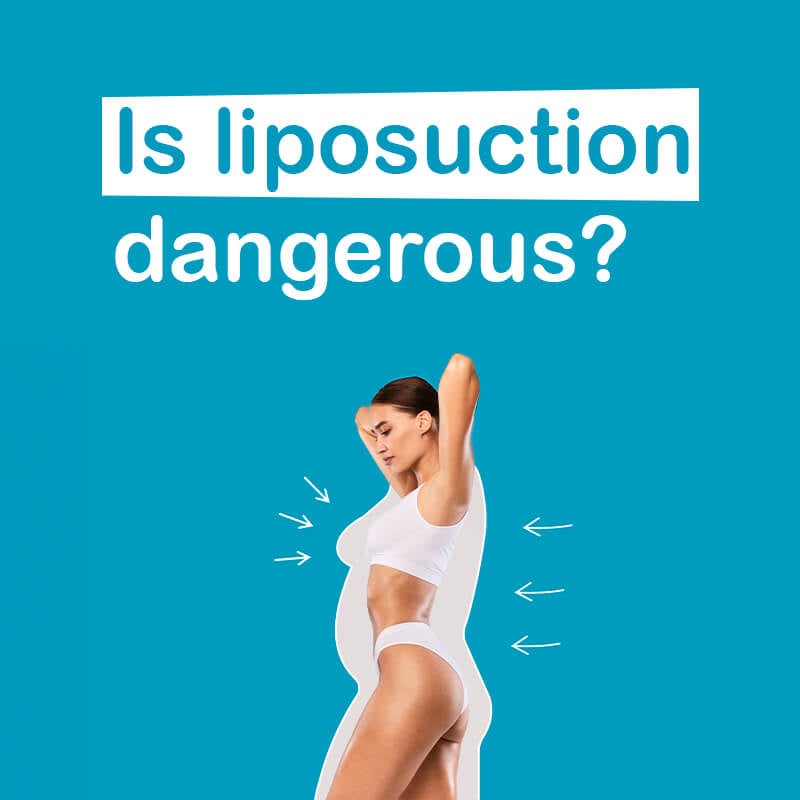
Sources:

